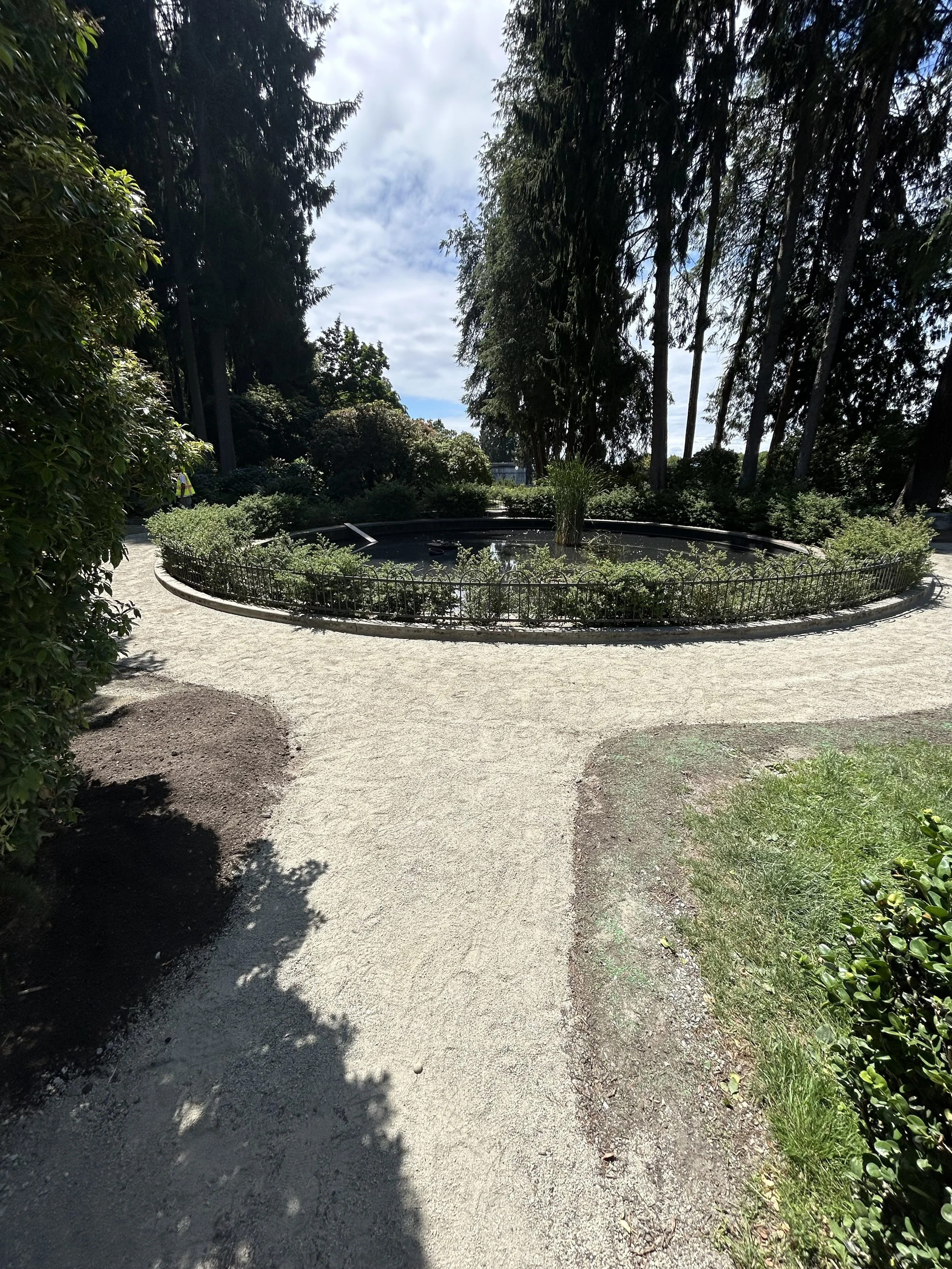Volunteer Park Trust
Preserving and enhancing Seattle’s historic
green oasis.
Join us in July and August for Summer Series at the Amphitheater, six evenings of free concerts from July 10th - August 14th from 6:00-8:30pm at the Volunteer Park Amphitheater.
Get Involved
-
All of your donations help us preserve and improve Seattle’s historic green oasis. Every donation, big or small, helps immensely and is received with absolute gratitude.
You’ll be able to see the direct impact of your donation through the efforts of our improvement projects, fun community events and landscaping throughout the park.
-
Volunteer Park Trust was created by friends and neighbors to preserve and enhance this city and national landmark today and for generations to come. We are a volunteer organization that would love your help.
Volunteer opportunities which fit your schedule and maximize your talents are available, whether that’s volunteering at our Spring and Fall Restoration days, cleaning up the park at our Second Saturday Work Parties, helping with an event, or joining one of our seven committees.
Click here for further information about Volunteer Opportunities.
-
Check out our Events Calendar to see what is coming up in Volunteer Park.
-
Partnership and Sponsorships with Volunteer Park Trust are an effective way for businesses and foundations to demonstrate their support of green space and will help us to restore, protect, and preserve our National Landmark for today and generations to come.
Learn more here.
Upcoming Events
Our Projects
-

Path Improvements between the Lily Ponds
-
Tree Identification Plaques
Find It, Fix It
Do you ever notice street lamps out in the Park or graffiti that needs to be removed? We recommend always reporting these items on the City of Seattle's Find It, Fix It App. It's a useful way to report items to the city and to ensure that items get fixed.






